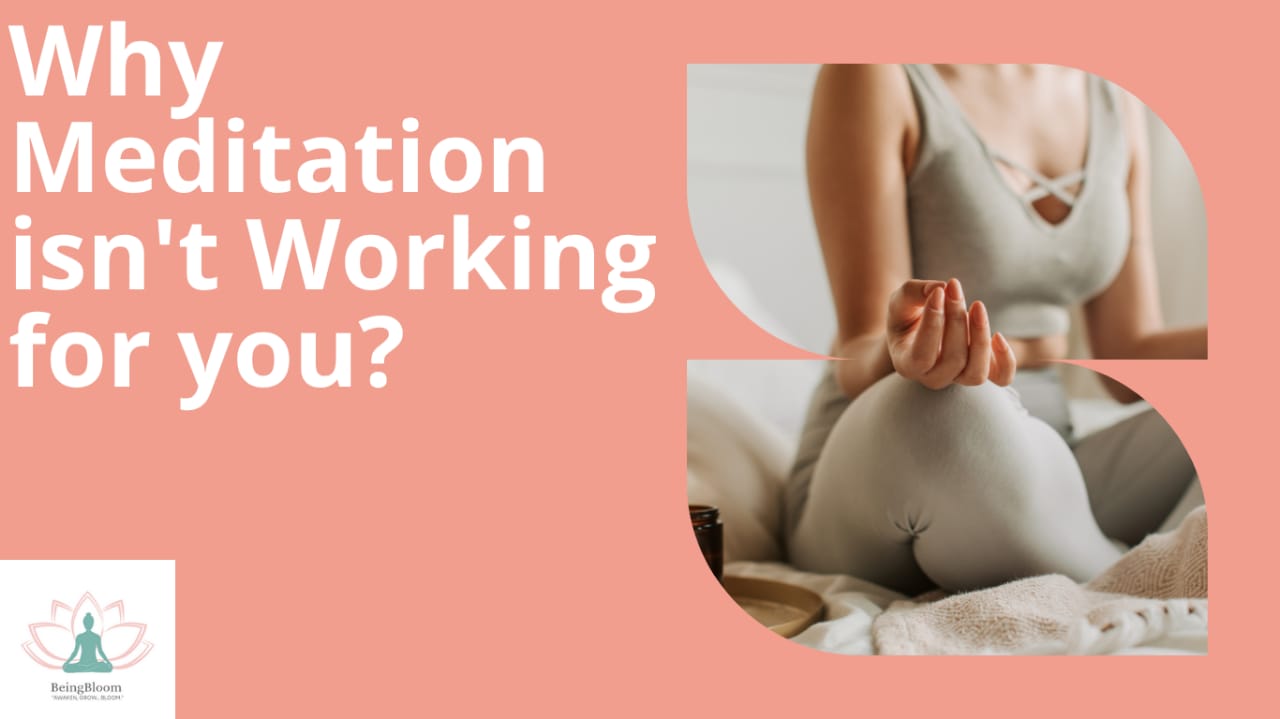Positive thinking is a superpower that people get wrong all the time.

Let’s be honest: the phrase “positive thinking” is thrown around more than a cricket ball during the IPL season. Everyone, from your aunt to that overly-energetic motivational speaker on YouTube, has advised you to “just be positive!” As if it were as simple as switching a light switch. Oh, your rent is overdue. Simply think joyful ideas! Is your relationship a mess? Simply visualize rainbows! Are you caught in traffic with a full bladder? Guess what? Smile, Buddy!
Here’s the thing: positive thinking does not imply ignoring reality. It is all in how you choose to see and react to it. If life gives you lemons, don’t pretend it’s a mango smoothie.Maybe you could create some amazing lemonade. Or, better still, plant the seeds and establish a lemon empire.The problem is that many treat positive thinking as if it were a magical potion that instantly solves difficulties. Nope. It’s more like a muscle — and believe me, reading about push-ups won’t give you biceps. You have to work on it every day, even if you don’t want to.
Science and Misconceptions
Here’s the thing: positive thinking isn’t about strolling around like a spiritual cartoon figure, chanting, “Everything is fine!” as your life burns in the background. That is not positivity. That is denial (and could indicate a need for therapy).
Real positive thinking is supported by science. According to research, when you consistently focus on the positive, your brain literally rewires itself to see possibilities rather than disasters. That’s neuroplasticity in action: your neurons work out while you sleep. Consider upgrading your brain’s operating system from “Windows 98 Panic Mode” to “MacBook Calm Mode.”But here’s the misconception: being positive does not imply being cheerful all of the time. You are human, not a Golden Retriever. You will occasionally feel unhappy, disappointed, jealous, or downright grumpy. And that is fine. Positive thinking isn’t about denying these emotions; it’s about deciding how long you’ll camp there.
It’s like having a flat tire. You can either wait by the road and cry for three hours (and still have a flat), or you can curse for two minutes, change the tire, and get going.
The Real-Life Benefits of Positive Thinking (No Fairy Dust)
Positive thinking is like spinach for your brain; you may not constantly crave it, but once you do, the advantages add up like Netflix episodes on a Sunday binge.
What happens when you make positivity your default setting?
1. Stop being Drama’s favorite customer.
Life will still throw curveballs (and the occasional flying toaster), but you won’t take every minor issue as a season finale cliffhanger. You learn to roll with it rather than becoming a panic ball.
2. Improve your relationships No one wants to hang out with someone who turns every coffee discussion into a TED Talk about how “the world is doomed.” Positivity makes you more nice to be around, like the human equivalent of warm cookies.
3. Positive thinking benefits your health by lowering stress, improving immunity, and reducing late-night “my life is over” Google searches. Essentially, your body appreciates you for not marinating it in cortisol.
4. You get bolder in your dreams
When you expect good results, you try harder. And trying more enhances your chances of success. Isn’t it funny how that works?Bottom line? Positive thinking will not make your life perfect, but it will make you braver, calmer, and far less inclined to chuck your phone across the room when Wi-Fi fails
How to Really Practice Positive Thinking (Without Feeling Fake)
Here’s the truth: you can’t just wake up and say “I’m happy!” into the mirror and expect your life to turn out like a Disney movie. That is delusion, not positive thinking, my friend.
Real positivity is a habit, much like brushing your teeth, but for your brain. Yes, your head will still smell nasty on some days.
Here’s how you do it:
1. Start with Micro-Positivity.
Do not force yourself to visualize rainbows in traffic jams. Just focus on the small victories, such as your coffee tasting good or your phone not falling on your face when scrolling in bed.
2. Filter your inputs
If your social media is 90% fury posts and doomsday headlines, your mind will be on fire. Follow inspiring creators, or at the very least, those that upload photos of dogs wearing sunglasses.
3. Change “What If It Fails?” to “What If It Works?”
It takes the same amount of mental energy, but one requires you to attempt, while the other causes you to cry.
4. Surround yourself with positive people, but avoid toxic “Everything Is Fine” people. Choose those who acknowledge life’s challenges but continue to dance in them, rather than those who make you believe everything is perfect.
5.Laugh at Yourselves Because nothing promotes resilience like remembering that you once cried for an hour because your lunch had too much lettuce.
The goal is not to eliminate all negative thoughts; rather, it is to give good thoughts greater real estate in your mind.
The Myth-Busting Finale: What Positive Thinking Cannot Do (and That’s Okay)
Positive thinking has magical properties. However, it is not a magic wand. You can’t wave it over your unpaid bills and expect the power company to say, “Wow, you’re glowing with optimism, sir—bill forgiven!”
Here’s what optimistic thinking will not do:
1. Eradicate All Problems
The fridge will still break. Your employer will still send you “urgent” emails at 10:59 p.m. Positive thinking does not prevent life from being life.
2. Replace Real Action.
You cannot think yourself into six-pack abs. (If it worked, I’d already be on the cover of Men’s Health.) You still need to move, apply, save, and repair.
3. Get Everyone to Like You
Even if you’re the juiciest mango in the basket, someone out there despises mangos. And that is fine.
4. Work 24/7 Some days will still be difficult. Positive thinking just provides you the strength to bounce back faster, like a mental trampoline.
The beauty of positivism is not that it solves everything; rather, it keeps you solving. It makes you more patient with life’s turbulence, more curious in difficult times, and slightly more amused by your own drama.
Keep smiling, not because everything is great, but because you’ve chosen to dance in the rain, even if your socks get wet.







